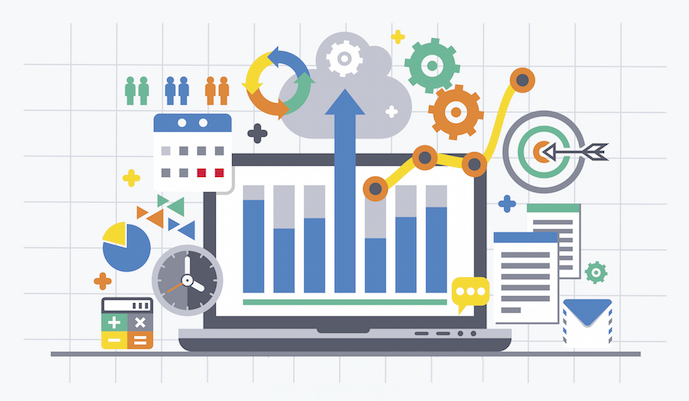The future of artificial intelligence (AI) in the IT industry is a topic that has been extensively debated in recent years. The potential of AI to transform the IT industry is immense, and the technology is already being used in a variety of applications, from chatbots to autonomous vehicles. In this blog, we will explore some of the trends and potential applications of AI in the IT industry.
One of the most significant trends in AI is the growth of machine learning (ML) and deep learning (DL). ML and DL are subsets of AI that enable machines to learn from data and improve their performance without being explicitly programmed. These techniques are being used in a variety of applications, from image and speech recognition to fraud detection and predictive maintenance.
Another trend is the integration of AI with the cloud. Cloud computing is becoming increasingly popular in the IT industry as it enables companies to scale their computing resources rapidly and cost-effectively. AI is also being integrated with the cloud, which enables companies to leverage the power of AI without investing in expensive hardware and software.
AI is also being used to automate IT processes. Many companies are automating repetitive IT tasks using AI, freeing up employees to focus on more strategic work. For example, AI-powered chatbots are being used to automate customer service, reducing response times and improving customer satisfaction.
In addition to automation, AI is being used to improve cybersecurity. Cybersecurity threats are becoming more sophisticated, and traditional security measures are no longer sufficient. AI can help detect and prevent cyber-attacks in real-time, and its predictive capabilities can help identify potential threats before they occur.
AI is also being used to improve business operations. For example, AI-powered analytics tools are being used to help businesses make better decisions by providing insights into customer behavior, market trends, and other key metrics. This can help businesses optimize their operations and increase their profitability.
Finally, AI is being used to create new products and services. For example, AI-powered virtual assistants and chatbots are being used to provide personalized assistance to customers. AI-powered personalization engines are being used to provide targeted marketing messages to customers based on their preferences and behavior.
In conclusion, the future of AI in the IT industry is bright, and the potential applications of AI are vast. From machine learning and deep learning to automation and cybersecurity, AI is already transforming the IT industry. As AI continues to evolve and become more sophisticated, it will play an increasingly important role in the IT industry, enabling companies to improve their operations, create new products and services, and enhance their overall competitiveness.


.jpeg)
.jpeg)
.jpeg)
.jpeg)

.jpeg)
.jpeg)
.jpeg)




